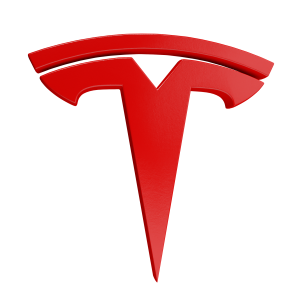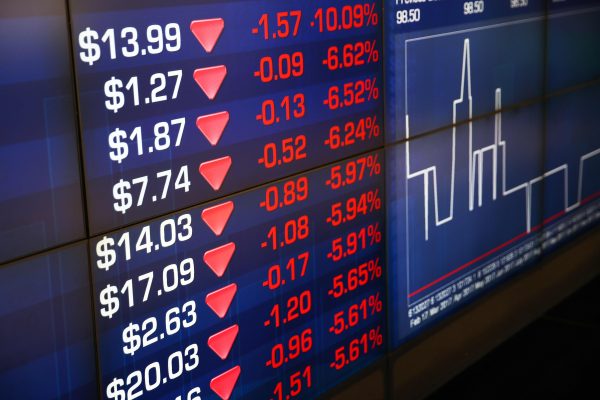Brace for a Game-Changing Shift in the Automotive Industry
Elon Musk, the visionary entrepreneur and CEO of Tesla, recently announced that the electric carmaker is likely to launch full self-driving technology later this year.
Tesla has been at the forefront of the autonomous driving revolution, aiming to develop a fully self-driving car that can navigate without human intervention.
The company has been working on its Autopilot feature for years, which enables Tesla vehicles to navigate, steer, accelerate, and brake automatically.

The Autopilot system still requires human attention and intervention, and Tesla drivers must keep their hands on the steering wheel at all times.
In a recent tweet, Musk expressed confidence that Tesla’s Full Self-Driving (FSD) system will be ready for wider release by the end of 2023. He stated, “FSD 10 production release hopefully in Q3. Then it’s about a month for regulatory approval, so probably Q4.”
The FSD system is expected to take the Autopilot feature to the next level, allowing Tesla vehicles to operate in autonomous mode without human intervention in certain circumstances, such as on highways, city streets, and parking lots. Tesla has been conducting extensive testing of its autonomous driving technology on public roads, using data collected from its fleet of vehicles to improve the system’s capabilities and safety
However, the development and deployment of self-driving technology are subject to regulatory approval, and Musk’s statement about regulatory approval being obtained within a month may be optimistic. The regulatory landscape for autonomous vehicles is still evolving, and different countries and regions have varying regulations and standards for autonomous driving.
Musk’s announcement has sparked both excitement and skepticism within the automotive industry and among Tesla enthusiasts. Some see it as a major leap forward towards achieving fully autonomous driving, which could revolutionize transportation and make roads safer by reducing human error. Proponents of self-driving technology argue that it could improve traffic flow, reduce congestion, and increase transportation efficiency.
On the other hand, critics express concerns about the safety and ethical implications of autonomous driving. There are concerns about the ability of self-driving vehicles to make split-second decisions in complex situations, and the potential for accidents and collisions. There are also ethical concerns about the allocation of responsibility and liability in case of accidents involving autonomous vehicles.
Despite the challenges and debates surrounding self-driving technology, Musk’s announcement signals Tesla’s continued commitment to pushing the boundaries of automotive innovation. Tesla’s Autopilot system has already set the benchmark for advanced driver-assistance systems (ADAS), and the potential launch of the FSD system could mark a significant milestone in the evolution of autonomous driving.
As Tesla continues its pursuit of fully autonomous driving, it is expected to face regulatory scrutiny, technological challenges, and public acceptance. However, with its track record of innovation and disruption in the automotive industry, Tesla remains a pioneer in the development of self-driving technology, and the automotive community and the public will closely watch its progress in this area.
Overall, Elon Musk’s recent announcement about the likely launch of Tesla’s Full Self-Driving technology later this year has generated excitement and anticipation within the automotive industry. While the development of self-driving technology presents opportunities and challenges, Tesla’s pursuit of autonomous driving reflects its commitment to pushing the boundaries of innovation in the automotive world. As we await further updates from Tesla, the future of autonomous driving remains an intriguing and evolving topic that will continue to shape the future of transportation.





